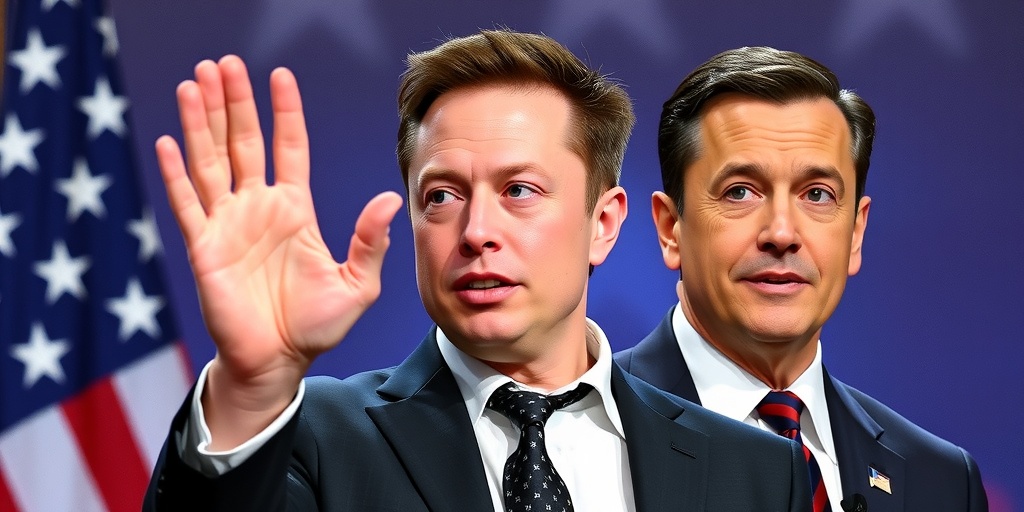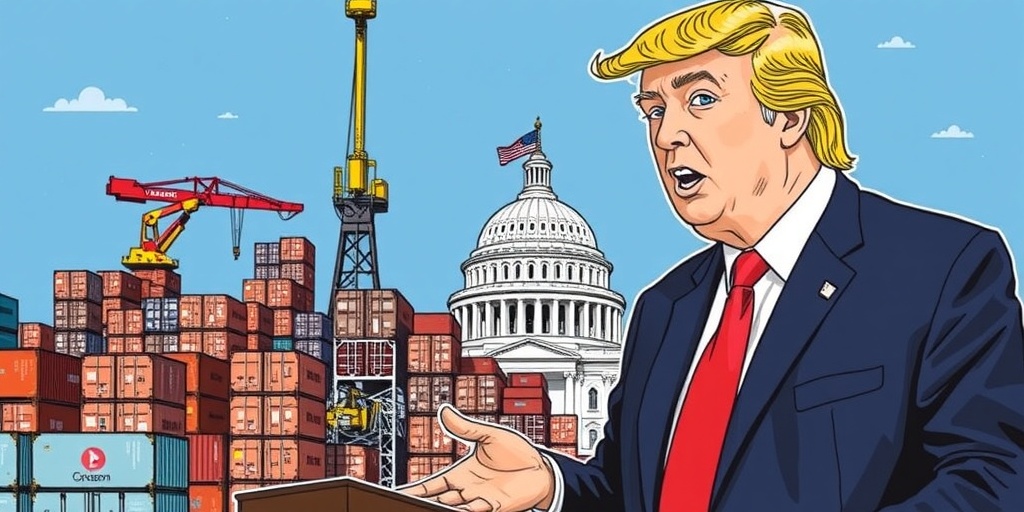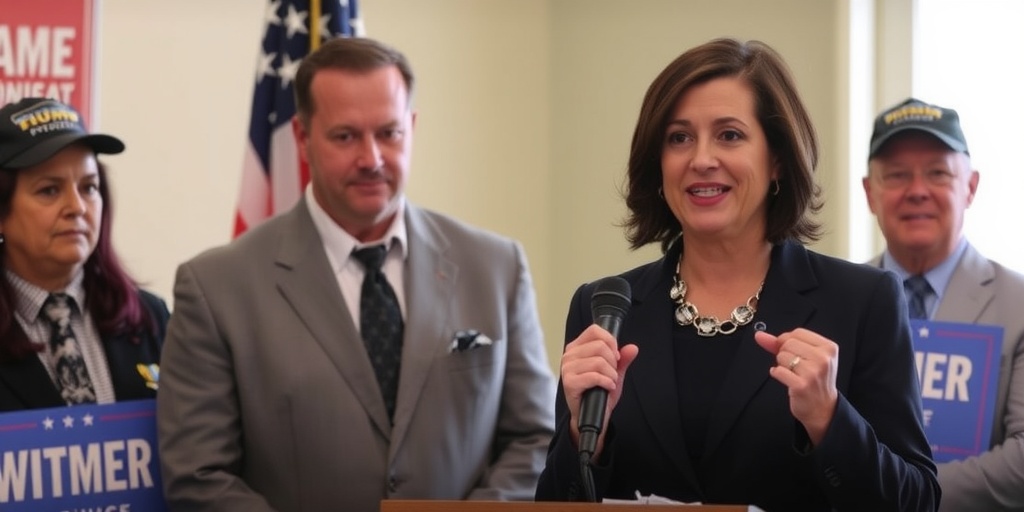Now Reading: “Musk’s Latest Fraud Discovery Is Misleading”
-
01
“Musk’s Latest Fraud Discovery Is Misleading”
“Musk’s Latest Fraud Discovery Is Misleading”

Title: Elon Musk’s "Fake People" Controversy: A Closer Look at Unemployment Fraud Findings
In a recent announcement from Elon Musk and his newly formed Department of Government Efficiency, a startling revelation emerged during their investigation into fraudulent unemployment claims: tens of thousands of individuals claimed benefits despite being over the age of 115, under the age of five, or even having birth dates set in the future. This sensational finding sparked attention online, particularly on Musk’s social media platform, X.
Musk himself shared his astonishment on X, highlighting the absurdity of tax dollars being allocated to fraudulent claims for nonexistent individuals. He illustrated this point with an example of a claim made by someone purportedly born in the year 2154, who allegedly received $41,000 in unemployment benefits. However, this situation has raised eyebrows, as it appears that Musk’s team may have uncovered cases that had been previously identified by other agencies, casting doubt on the novelty of their findings.
The origins of these claims can be traced back to the early stages of the COVID-19 pandemic when millions of Americans rushed to file for unemployment benefits due to the economic fallout. The emergency aid program, established during former President Donald Trump’s administration, was especially vulnerable to fraudulent activities, with estimates suggesting that up to 15% of claims involved stolen identities. In an effort to safeguard records while protecting the identities of genuine victims of identity theft, the U.S. Labor Department recommended that state agencies utilize “pseudo claim” records—essentially fictitious identities linked to legitimate fraud cases. This approach was designed to help keep track of fraudulent claims without compromising the privacy of innocent individuals who might apply for benefits in the future.
Now, four years later, Musk and his team apparently stumbled upon these "make-believe" identities. These claims were echoed by Labor Secretary Lori Chavez-deRemer during a cabinet meeting at the White House, further amplifying the issue. Experts familiar with unemployment claims indicated that while these instances indeed refer to fraudulent activities, it would be misleading to portray them as evidence of a government that had been oblivious to such scams.
Andrew Stettner, who previously served as the director of unemployment insurance modernization at the Labor Department, criticized Musk’s approach, suggesting that it fosters unnecessary distrust in government efforts to uphold financial integrity for taxpayers. He argued that Musk’s portrayal implies that the federal government has been indifferent to preventing fraud, undermining the work done by agencies to protect taxpayers’ investments.
Critics have noted that Musk’s previous endeavors, including his scrutiny of the Social Security Administration, exhibit a pattern of oversimplifying complex issues. In that instance, Musk claimed the agency was providing benefits to millions of deceased individuals. Despite clarification from both media outlets and the Social Security Administration, Musk persisted in his assertions, which later found their way into a speech by former President Trump.
On Friday, the White House deferred questions regarding the unemployment claims to the Labor Department. A spokesperson for the department expressed an understanding of the concerns about fraudulent claims, acknowledging that some of the findings mirrored those of prior inspector general reports. However, they also emphasized that the "pseudo records" identified by Musk were previously documented and should not be misconstrued as a sign of negligence by the government.
One fundamental challenge in administering benefit programs is balancing fraud prevention with accessibility. Striking this balance is particularly crucial in situations where the need for rapid assistance is paramount, as evidenced during the pandemic when the federal government prioritized quickly deploying aid to as many people as possible. Michele Evermore, a senior fellow at the National Academy of Social Insurance, noted that while the initial approach led to significant vulnerabilities, the subsequent rapid recovery of the labor market justified the decision to expedite benefits distribution.
As efforts continue to address unemployment fraud, it remains evident that state agencies require consistent investment to strengthen their protective measures against fraudulent claims. According to Jennifer Phillips, a former unemployment administrator in Illinois, the challenge lies not in the government’s ignorance of the fraud but rather in the need for robust resources to combat it. Phillips noted that fraudsters had a distinct advantage in 2020, taking advantage of weaknesses in state systems.
Ultimately, while the issue of fraudulent unemployment claims warrants attention and action, the context outlined by experts suggests that the portrayal of these cases may lack the necessary nuance. Musk’s sensationalized findings could lead to misinterpretation of ongoing efforts to enhance the safeguarding of taxpayer funds and the integrity of unemployment programs. As investigations proceed, it becomes crucial to prioritize accurate representations of government practices and mechanisms designed to protect against fraud.
Stay Informed With the Latest & Most Important News
Previous Post
Next Post
-
 01New technology breakthrough has everyone talking right now
01New technology breakthrough has everyone talking right now -
 02Unbelievable life hack everyone needs to try today
02Unbelievable life hack everyone needs to try today -
 03Fascinating discovery found buried deep beneath the ocean
03Fascinating discovery found buried deep beneath the ocean -
 04Man invents genius device that solves everyday problems
04Man invents genius device that solves everyday problems -
 05Shocking discovery that changes what we know forever
05Shocking discovery that changes what we know forever -
 06Internet goes wild over celebrity’s unexpected fashion choice
06Internet goes wild over celebrity’s unexpected fashion choice -
 07Rare animal sighting stuns scientists and wildlife lovers
07Rare animal sighting stuns scientists and wildlife lovers





















